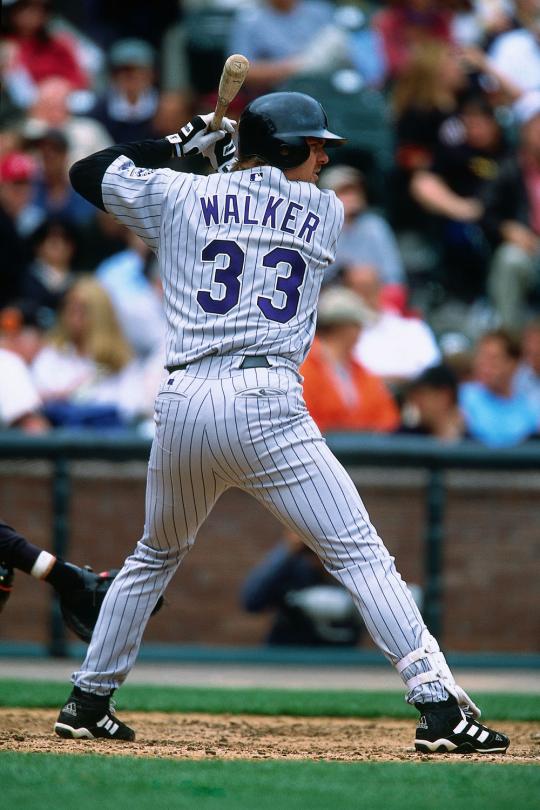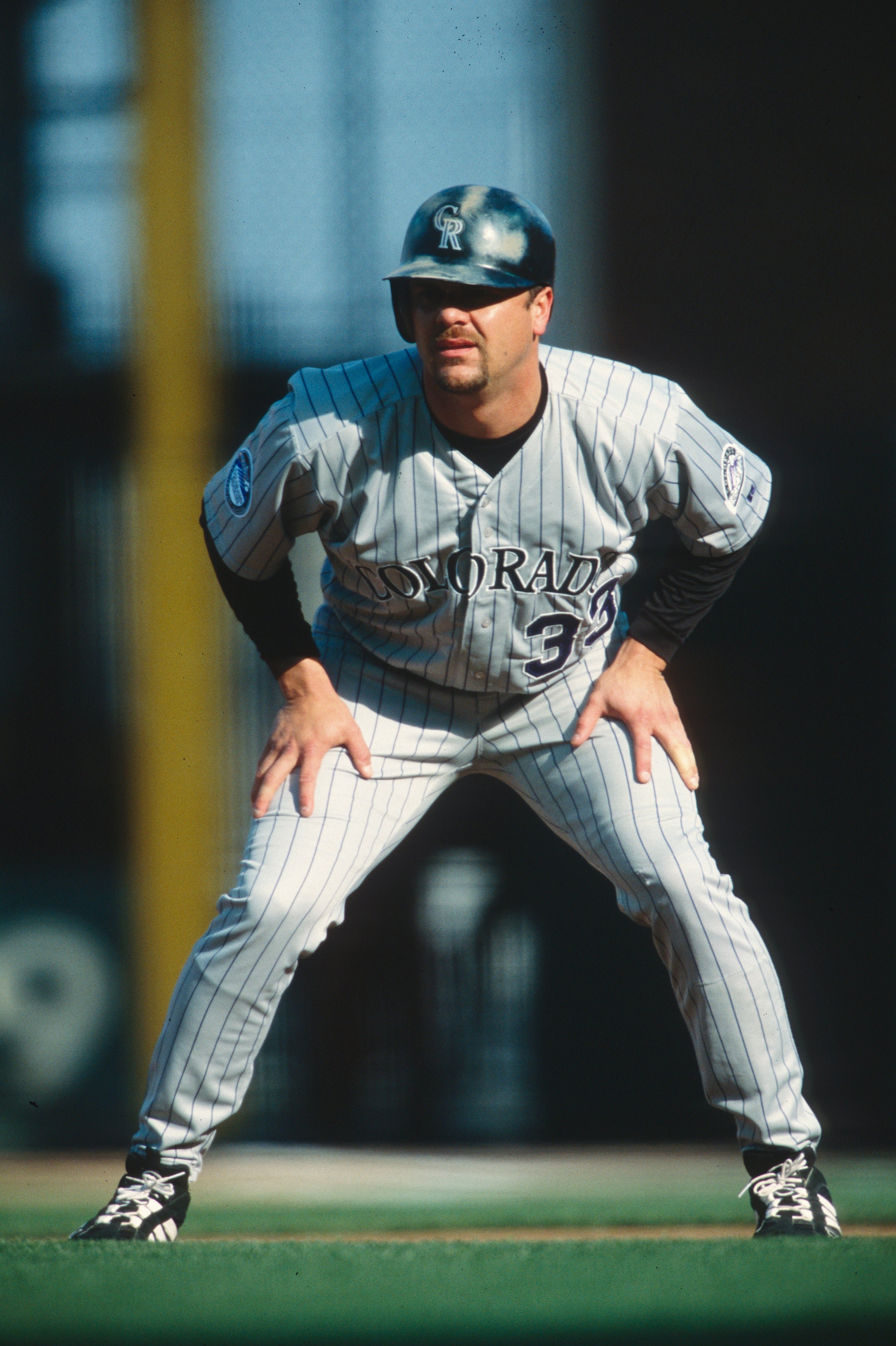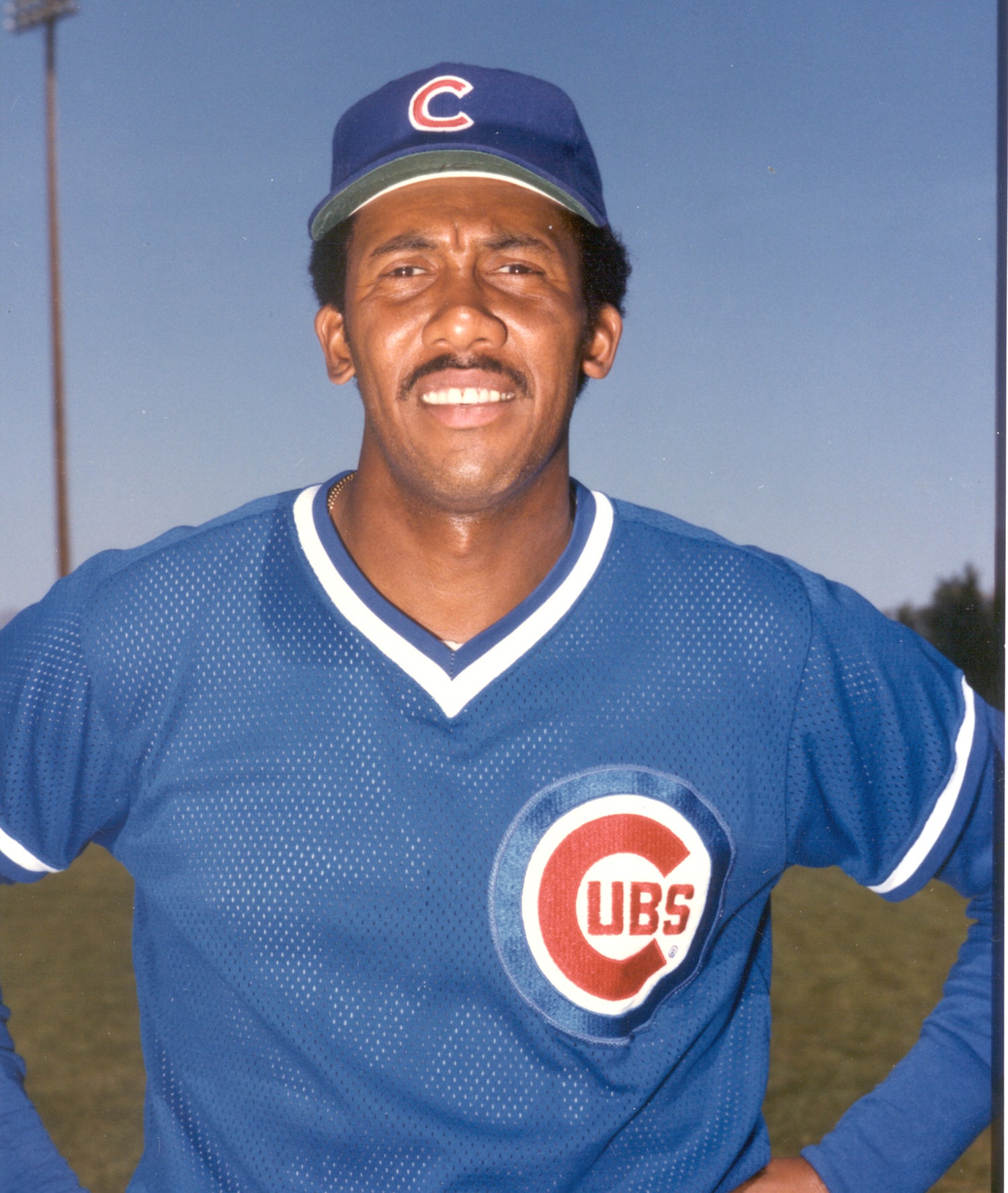- Home
- Our Stories
- Rockies’ signing of Walker launched player, team to new heights
Rockies’ signing of Walker launched player, team to new heights
The championship that once seemed inevitable for the 1994 Montreal Expos was lost to a labor dispute.
But the free agent bidding war for Expos outfielder Larry Walker arrived right on schedule.
On April 8, 1995, Walker signed a four-year, $22 million deal with the Colorado Rockies – ending months of speculation about Walker’s future. After establishing himself as one of the game’s top all-around players in the early 1990s, Walker steamed toward free agency in 1994 with a Montreal team packed with young talent.
Official Hall of Fame Apparel
Proceeds from online store purchases help support our mission to preserve baseball history. Thank you!
Hall of Fame Membership
There is no simpler, and more essential, way to demonstrate your support than to sign on as a Museum Member.
When the strike that eventually ended the 1994 campaign arrived on Aug. 11, Walker was hitting .322 with a National League-best 44 doubles, 19 home runs and 86 RBI.
Montreal led all big league teams with a 74-40 record.
The Rockies, meanwhile, were in only their second season in 1994.
“It’s a good feeling to know you’re wanted,” Walker told the Associated Press.
“Also, I can see eventually down the road – if not this year – that this team is going to win, because of the commitment they’ve shown to all their players.”
Rockies manager Don Baylor, meanwhile, knew that the addition of Walker would make his formidable lineup that much better.
“Larry Walker is a rising star,” Baylor told the Associated Press. “Two years ago, we were crawling. Last year, we got up on our feet. Now we’re off and jogging.”
Walker quickly became a full-fledged star in Colorado, hitting 36 home runs to go along with 101 RBI and a .306 batting average in a 1995 season that was shortened to 144 games. The Rockies went 77-67 that season, winning the NL Wild Card before falling to the Braves in the NLDS.
Walker, meanwhile, was just getting started. After an injury-plagued 1996 campaign, he posted a season for the ages in 1997 – hitting .366 with an NL-leading 49 home runs to go with 143 runs scored and 130 RBI. Walker also led the NL in on-base percentage (.452), slugging percentage (.720) and total bases (409). He was a landslide winner in the NL Most Valuable Player voting and also took home his third career Gold Glove Award in right field.
Walker would go on to win batting titles in 1998, 1999 and 2001. And though the Rockies would not make the playoffs during Walker’s tenure following the 1995 season, his signing established the club as one to be reckoned with during the offseason as well as on the field.
Walker played for 10 seasons with the Rockies before he was traded to the Cardinals on Aug. 6, 2004. He helped St. Louis advance to the postseason in both 2004 and 2005, hitting six home runs over 15 games in ’04 as the Cardinals won the National League pennant.
The native of Maple Ridge, British Columbia, retired following the 2005 season. He was elected to the Hall of Fame in 2020, becoming the second Canadian – following Fergie Jenkins – to earn induction.
Craig Muder is the director of communications for the National Baseball Hall of Fame and Museum
Related Stories
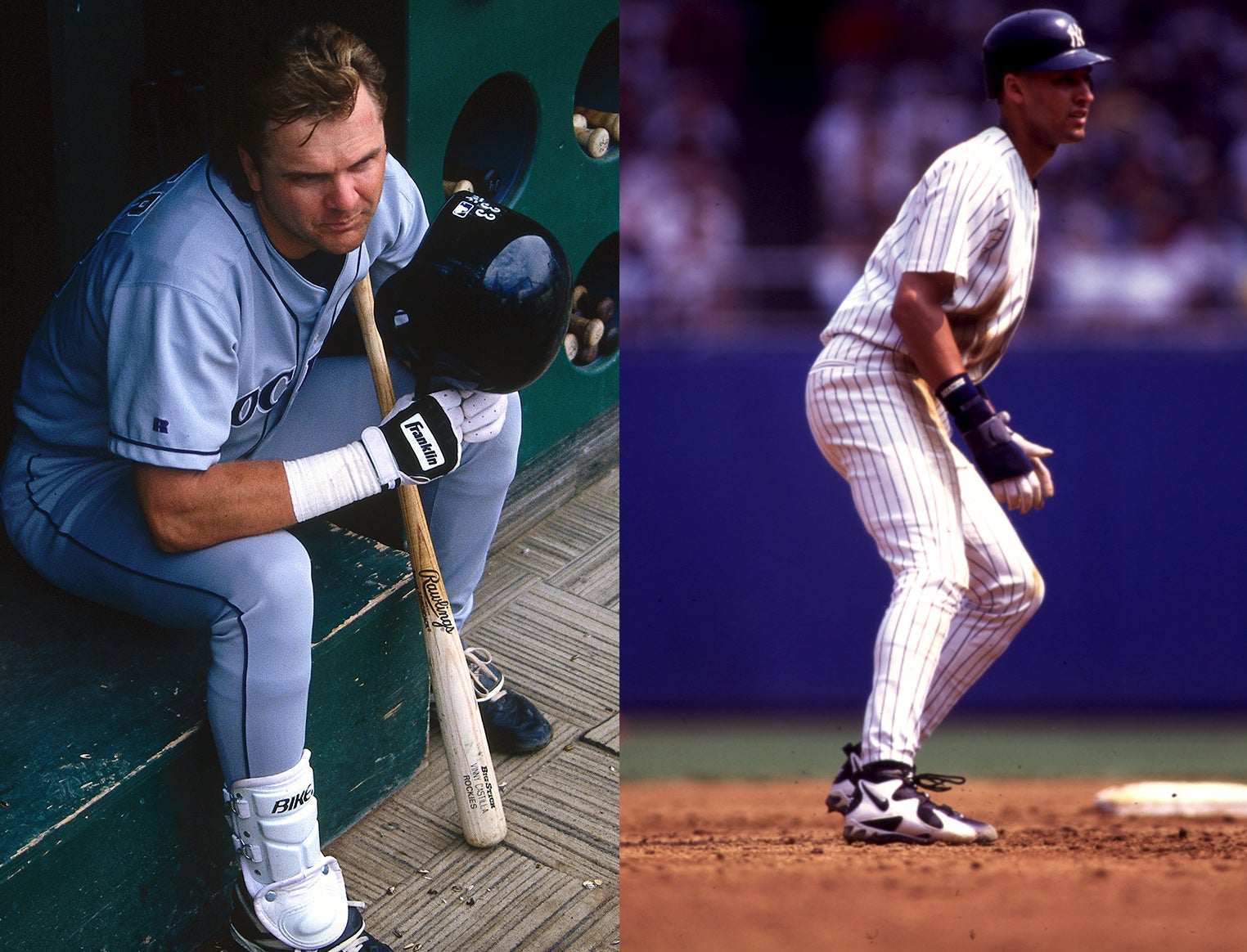
Jeter, Walker comprise BBWAA’s Hall of Fame Class of 2020
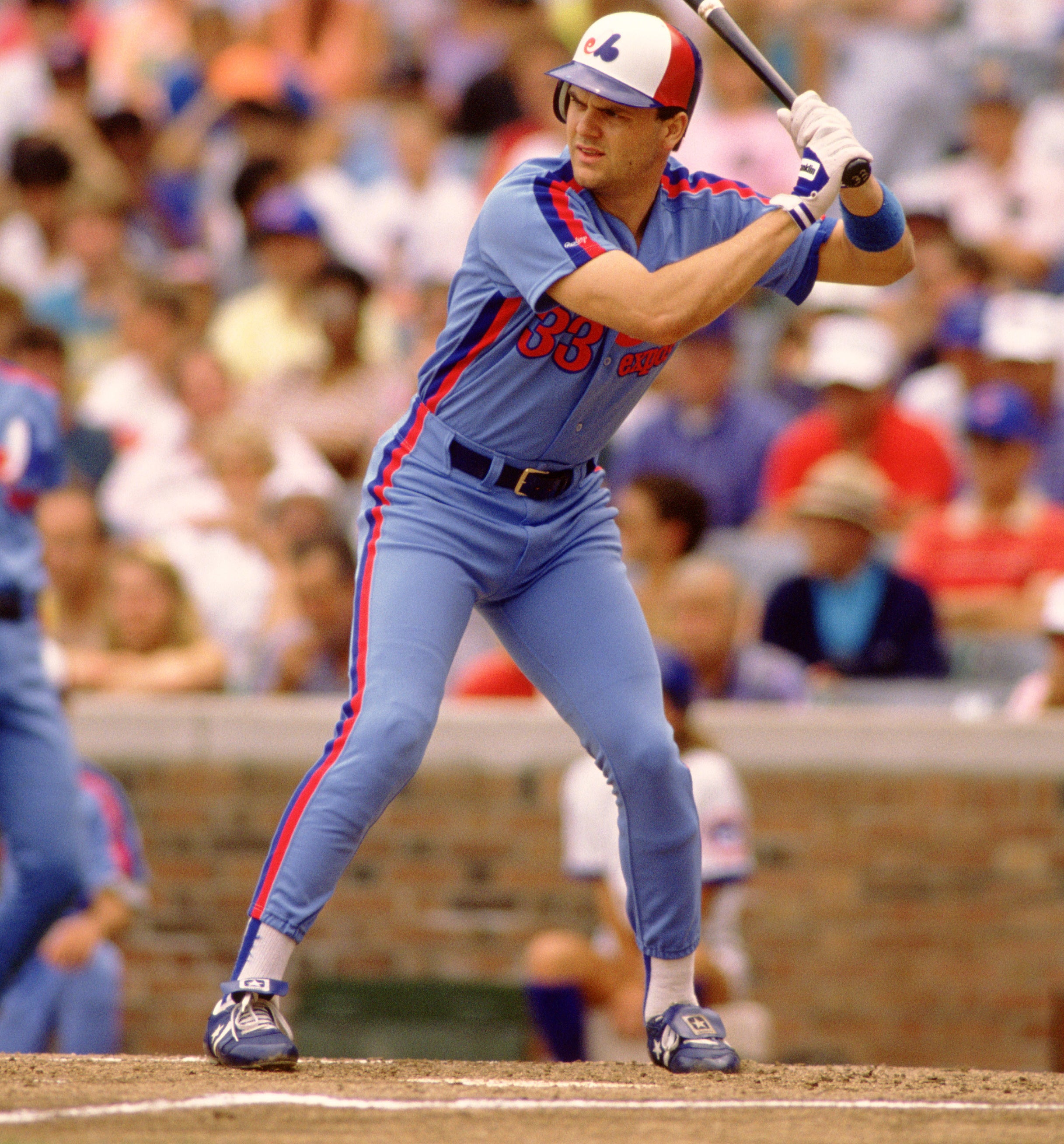
Scouting reports detail early careers of Jeter, Walker
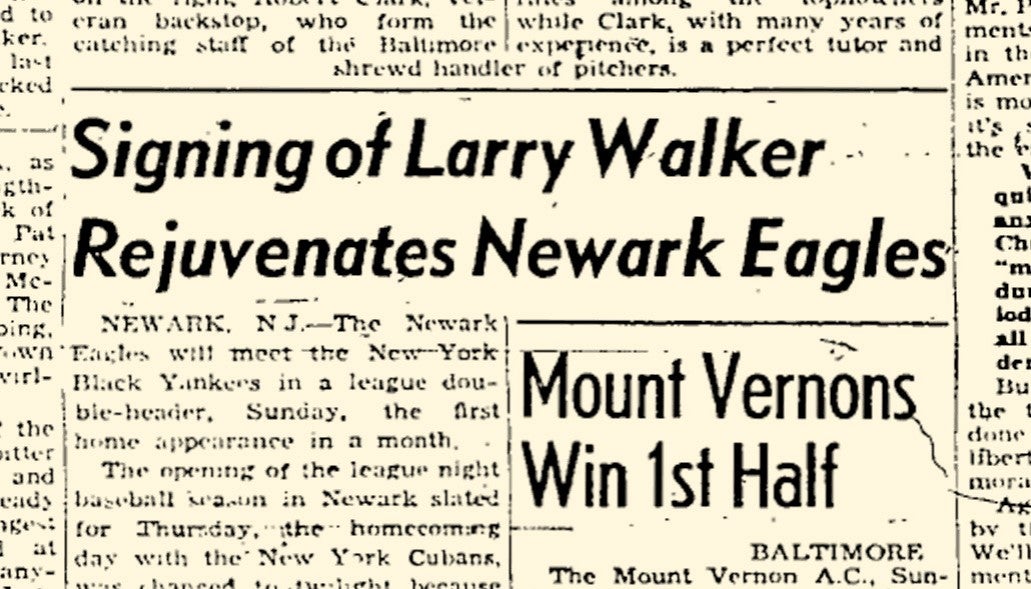
Larry Walker has been a Hall of Famer for years, thanks to Larry Doby
Walker gets history lesson in visit to Hall of Fame

Jeter, Walker comprise BBWAA’s Hall of Fame Class of 2020

Scouting reports detail early careers of Jeter, Walker



